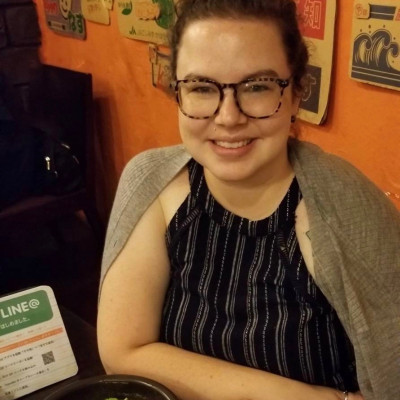Sessions / Location Name: E22: DO NOT RECORD
Physical Location
Location: E22
Building: Miwa Campus Building < The University of Nagano
Student led peer-review stations vs traditional peer-review: A comparison #2722
Peer-review activities foster critical-thinking and promote opportunities for thorough feedback in academic writing classes, while easing the teacher’s workload. In an ESL context, however, social pressures or varying language abilities can affect peer-review’s value, or even be counterproductive (Leki, 1990, as cited in Ferris & Hedgcock, 2005). A new ‘stations’ style of peer-review aims to counter this by playing to the students’ strengths, resulting in a more effective practice. Students concentrate on an area of strength such as citation, grammar, or cohesion and conduct peer-review in that category only. The presenters will introduce content from an ongoing study comparing this “peer-review stations” practice and a more traditional peer-review activity. The study investigates students' confidence as peer-reviewers as well as their perceived value of the feedback they receive. This presentation will share survey results, data analysis, and interviews from the study and how this new style of peer review can complement and enhance an academic writing course.
Integrating translanguaging in university EAP courses #2871
Many instructors are still divided over the English-only policy in tertiary level English language programs. English as medium of instruction has been justified by the need to shift from traditional teaching methods to active learning which fosters communication and opportunities for exposure to the language. Perceptions prevail that using students’ native language in the English classroom hinders learning and acquisition. Many studies nonetheless support the idea that the L1 is a valid classroom resource which students could strategically use to learn (Canagarajah, 2011; Freeman and Freeman, 2017). This is the essence of translanguaging, a pedagogical approach promoting L1 as a classroom tool which may further accelerate understanding of class content, improve student performance and student interactions, and is helpful for classroom management. Taking off from her initial study that explored translanguaging as an approach in EMI settings, the presenter will examine how it is applied in English for Academic Purposes courses. This presentation will discuss how the students’ L1 (Japanese) can be used as a pedagogical tool to meet student needs and classroom goals. The presenter will also suggest strategies on how translanguaging can be integrated in EAP classes for the purposes of comprehension, communication, and meaningful instruction and learning.


